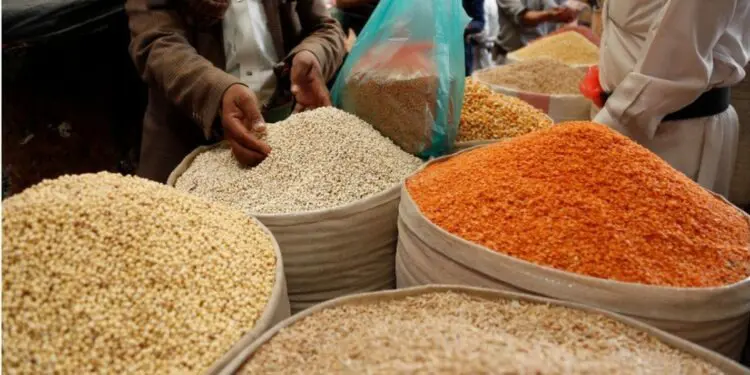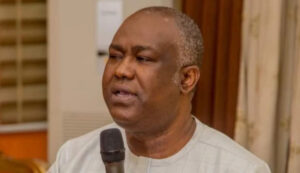In July 2024, the Nigerian government announced bold measures to address rising food prices. The plan included a 150-day duty-free import window for essential food items like maize, rice, wheat, and cowpeas. These measures aimed to reduce food inflation within 180 days. However, six months later, food prices remain stubbornly high, leaving Nigerians frustrated.
Experts say the government’s plan faced significant challenges. Gbolade Idakolo, an economic analyst, blamed bureaucracy for the failure of the zero-tariff policy. He suggested the policy needed at least two years to show results. Meanwhile, Dr. Samson Simon, an economist, highlighted the lack of modernization in agriculture and insufficient budget allocation as major setbacks.
Simon noted that Nigeria ranks poorly in global food security, especially in food availability and affordability. He also pointed out that insecurity has made farming dangerous, with many farmers unable to access their lands due to fear of attacks.
Reports from the National Bureau of Statistics (NBS) revealed alarming inflation trends throughout 2024. Food inflation peaked at 40.87% in June and hovered around 39% toward the end of the year. While there were slight dips in August, prices remained high, driven by increasing costs of staple foods like yam, garri, and oils.
In his 2025 New Year message, President Bola Tinubu promised to bring down food prices and reduce inflation from 34.6% to 15%. His administration aims to boost food production and support local manufacturing of essential items. However, experts argue that achieving these goals requires more than promises.
To effectively tackle food inflation, experts recommend:
- Increased Budget for Agriculture: Allocate at least a quarter of the national budget to modernize and mechanize farming.
- Improved Security: Ensure safety for farmers to access their lands without fear of attacks.
- Long-Term Policies: Extend intervention measures to allow adequate time for implementation and results.
- Strategic Investments: Focus on agricultural research and development to increase productivity.
Without these efforts, food prices are likely to remain high, worsening poverty and hunger across the country. For many Nigerians, the question remains: Will 2025 bring the relief they desperately need?







